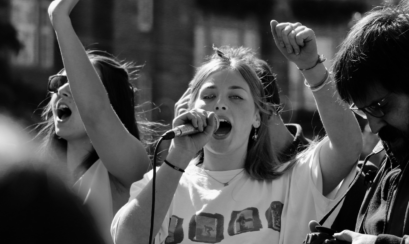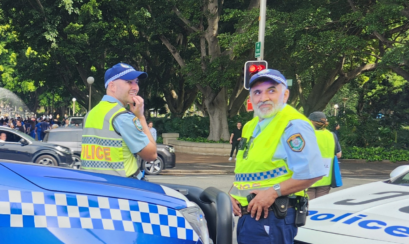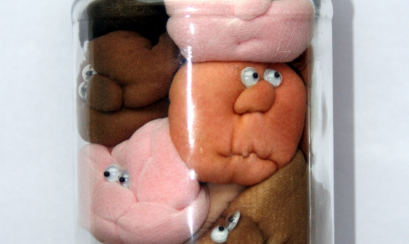The Brisbane District Court has awarded $82,500 in damages to a cosmetic surgery clinic after it took a former employee to court for defamation on Instagram.
This judgement breaks new ground in social media defamation awards, as an Instagram story is usually only visible for 24 hours. (See BeautyFULL CMC Pty Ltd & Ors v Hayes [2021] QDC 111.)
Defamatory claims made about clinic’s owners
The dispute arose after the clinic posted a photo on its Instagram account of the founder and two workers in uniforms, with the caption: “Dr Margaret, Nurse Kate and Nurse Kayleigh serving during COVID-19”.
The former employee copied the photo to her Instagram story, saying she was not naming and shaming, “but when I see a company upload a FAKE photo that a medical practitioner is going to work on the frontline during the Covid-19 crisis, it’s disgusting and disrespectful to the people who are actually putting their lives at risk to save others”.
The former employee went on to say: “I would love to thank the REAL hero’s [sic] that are working day and night to save lives. Coronavirus (COVID-19) it’s such a serious situation that I don’t understand why a company would lie about it.”
Court rules that former employee’s defamation on Instagram had no basis of truth
The defendant’s lawyers argued they had a defence of truth, but their case was not helped when the defendant did not give evidence at the trial.
In his ruling, the judge said it appeared naming and shaming was exactly what was intended in the former employee’s Instagram story and it was designed to cause hurt and distress. (For more information, please see Public shaming of thieves could lead to civil claims against businesses.)
He said the former employee was motivated by “unexplained anger and resentment” towards the clinic and the posts were “intentionally false” with no basis. He accepted the clinic had suffered loss of business reputation as a result of the defamation on Instagram.
The judge also declared social media posts were often infected by “personal grievances aired in an obnoxious manner and are often not a reliable source of information”.
The law applied in this case was the Queensland Defamation Act 2005. Comparable legislation in NSW is the Defamation Act 2005.
Defamation on Instagram is costly, regardless of audience size
This case demonstrates that the courts are willing to take action, even if there are relatively few recipients of the defamatory posts.
The former employee involved had an Instagram account with just 1,844 followers. The clinic’s Instagram account had 19,700 followers.
Before posting, check if your comments could be considered defamatory
The outcome of this case and the judge’s comments about social media highlight the fact that defamation awards are not limited to mass media newspapers and TV networks.
People who feel defamed on social media are winning substantial damages, even if the audience is small.
So, think twice before you post. Legal action can be taken by the victims and while there are defences under the law such as truth, this can often be hard to prove in court.
For more information, please see our earlier articles.
New online defamation defence for publishers “innocently disseminating” third party comments.
Social media defamation: be cautious when posting or re-posting online comments, reviews and links
Posting defamatory conspiracy theories online can cost you
Media companies can be held liable for social media posts by others, says NSW Supreme Court
Defamation actions: the high cost of social media posts, comments and “likes”














